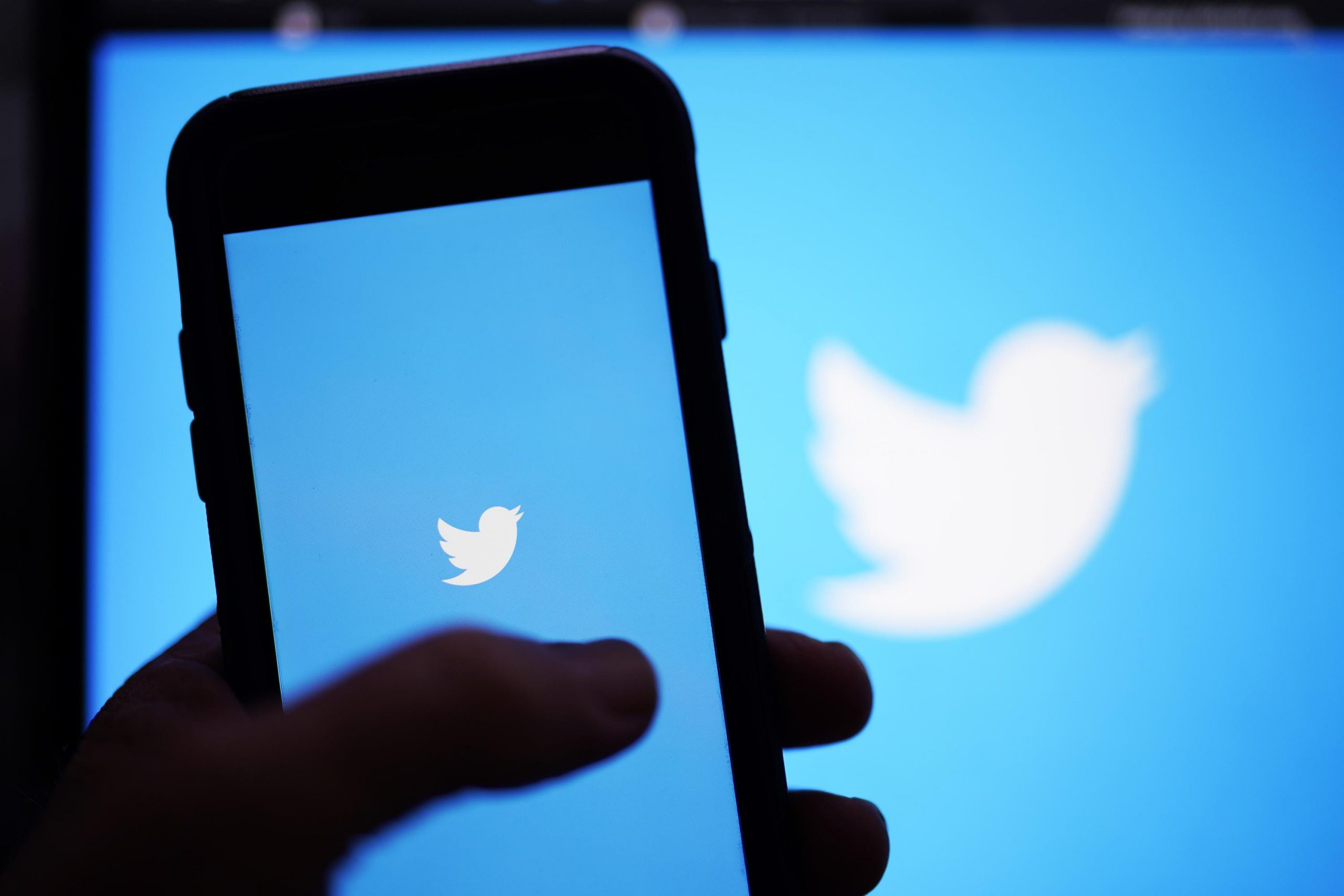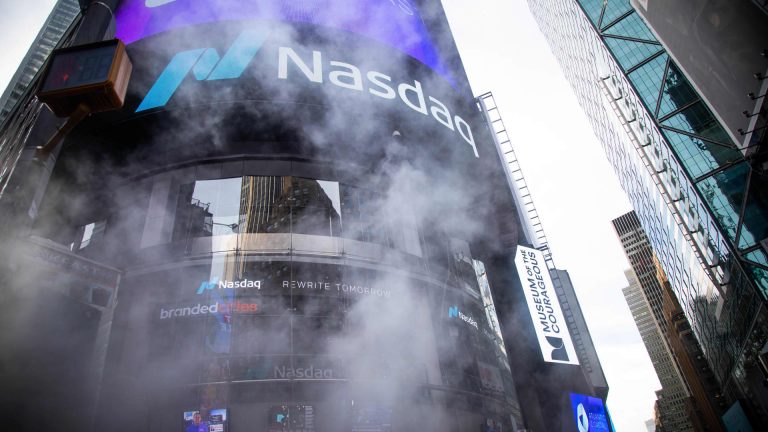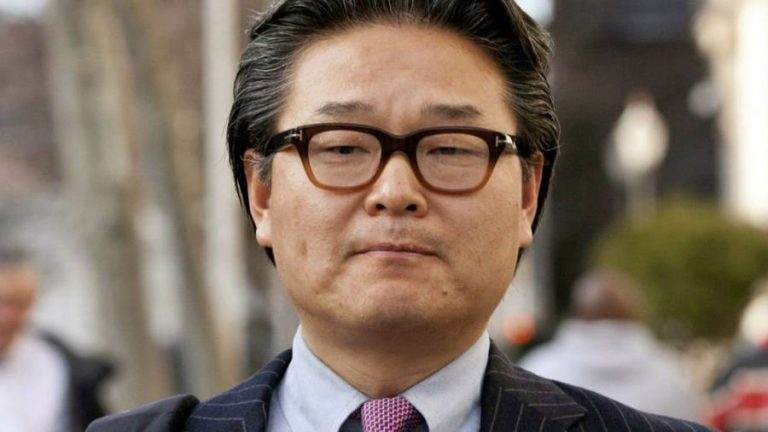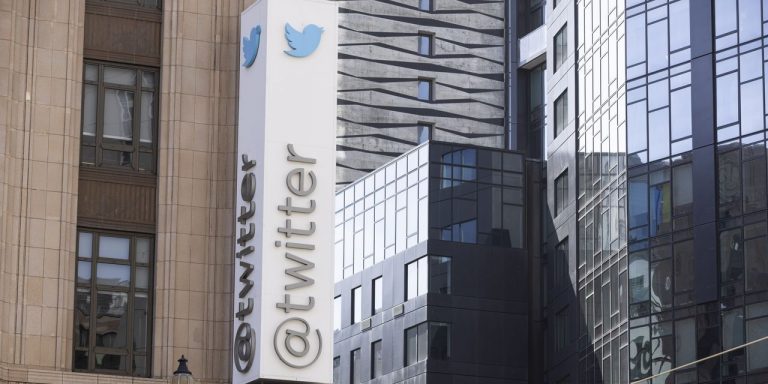Victims of Twitter abuse fear Musk’s plans, but can’t give up
Perhaps no group of people are more alarmed by Elon Musk’s apparent plan to make Twitter free speech for all. That those most likely to be targeted for harassment: women, racial minorities and other marginalized groups.
They fear that a more passive approach Watching the platform will encourage providers of hate speech, bullying and misinformation to escalate their bad behavior — a possibility Musk has done little to dispel.
Yet even those who have faced extreme harassment on Twitter say they are unlikely to leave the platform. Despite the negative psychological toll, they value Twitter as a diverse forum to air their opinions and engage with others.
That might help explain why Musk cares little about the belly of unfettered free speech, though advertisers – who make up around 90% of Twitter’s revenue – may not feel the same way.
Renee Bracey Sherman, a biracial abortion rights advocate, endures a steady stream of predictable criticism on Twitter and, at times, a rash of vile tweets: posts calling for her death, photos of aborted fetuses and, recently, her photographed likeness as a Nazi.
“It’s a montage of hate, gore and violence,” Bracey Sherman said.
But while some famous people threaten to quit Twitter because of Musk, more typical users like Bracey Sherman say it’s not that simple. They can’t leave Twitter and expect their followers to join them.
To mitigate the hate, Bracey Sherman blocks thousands of people and uses filters to hide the most extreme posts. She also reports the most egregious posts to Twitter, though she says the platform rarely takes action.
Twitter did not immediately respond to the comments. The company says on its site that it doesn’t allow targeted harassment or intimidation that might scare people into speaking up. And he says he doesn’t tolerate violent threats.
Musk has called himself a “free speech absolutist.” In tweets to his 85 million followers since Twitter accepted his $44 billion offer on Monday, Musk made it clear that he intends to regulate content with a much lighter touch and that he doesn’t. Wasn’t too concerned about the outpouring of criticism as it is likely. to feed harmful content.
“The extreme antibody reaction from those fearful of free speech speaks volumes,” Musk tweeted on Tuesday.
Playful, aggressive and often juvenile, Musk’s tweets show how he’s used social media to shape his public image as a brash billionaire who isn’t afraid to offend. They may also reveal clues about how Musk will rule the platform. he hopes to possess.
On Tuesday, Musk slammed one of Twitter’s top lawyers involved in content modulation decisions. This has led some of his followers to direct racist and misogynistic comments at lawyer Vijaya Gadde, who was born in India and immigrated to the United States as a child.
Twitter’s engulfing uproar echoes what other social media companies have experienced in the recent past. When Facebook was slow to act to remove then-President Donald Trump from the platform for his role in the Jan. 6 capitol uprising, users called for a boycott, but there was no mass exodus.
Even when tired users leave a social media platform, there’s usually a stream of new users coming right behind them. According to experts, it is not the most angry users who leave, but those who simply find no use for the platform.
While polls show that all types of people are susceptible to harassment online, extensive research has shown that women and people of color are significantly more likely to be targeted, something Twitter itself acknowledges. This targeting is also true for people with disabilities, people from religious minorities, and members of the LGBTQ community.
Michael Kleinman, who researched online harassment for Amnesty International, said if Twitter allows more hateful and abusive speech, marginalized people who get attacked are likely to speak out less.
“No one feels safe in a public square where as soon as you speak, a hostile crowd shouting obscenities descends on you. It’s not a public square anymore. It’s an arena,” Kleinman said.
Brianna Wu understands this area as well as anyone.
She has received sexual assaults and death threats on Twitter since 2014, when she created a video game, Revolution 60, which featured women as protagonists. The harassment was part of a larger online campaign targeting female game developers, known as GamerGate.
Wu has since worked closely with Twitter’s trust and safety team to improve the platform. She said “it terrifies me” to hear Musk talk about reversing — if not completely erasing — those efforts.
“We fought very, very hard to make the platform better for women, for LGBTQ people and for people of color,” said Wu, who is white and identifies as bisexual.
But Wu has no plans to quit Twitter, which she – a former congressional candidate from Massachusetts – relies on for her personal and professional connections. “I developed friends for life on Twitter. I think it’s really sad that to get that human connection, I have to deal with bullying again that damages and suffocates your humanity.
Not everyone is determined to stay. Comic book writer Kelly Sue DeConnick, who has faced harassment as an advocate for gender equity in the entertainment industry, said she would wait to see what changes Musk makes before deciding .
“If it just becomes a place where people are yelling at each other and insulting each other and wishing each other ill, I’m out,” DeConnick said.
Bridget Todd, spokesperson for UltraViolet, an organization that campaigns against discrimination in all its forms, said that while Twitter has managed to reduce harassment on its platform in recent years, it no longer uses it as much as before.
Todd said she was deeply concerned that Musk was guiding the company to eliminate the protections it has — which it considers insufficient. But she has no intention of leaving the platform.
“Our voices are so powerful on platforms like Twitter,” she said. “I don’t necessarily think this signals the end of this, because I know our voices can really last.”
Evan Feeney, campaign manager for Color of Change, an online racial justice organization that works to improve the lives of black people in the United States, called Musk’s push to relax content standards on Twitter an “alarming development.” . He predicted more coordinated attacks against black people, especially black women.
“It’s never good when a single billionaire who deliberately confuses freedom to harm with freedom of speech controls one of the (biggest) social media platforms in the world,” Feeney said. “We have spent years pushing Twitter to implement policies that we believe have improved the platform. It is alarming that with the flick of a switch these could be undone.
Bullying on Twitter also spills over into the real world and highlights just how much victims sometimes have to endure.
Bracey Sherman says people placed stickers of racist symbols, including swastikas and monkeys, on her potted plants and on the front door of her house. That’s why she bristles at those who advocate unrestricted free speech and suggest she should just toughen up and ignore it.
“What am I supposed to be able to handle?” she asked. “The fact that you send me pictures of Nazis and tell me I should be raped over and over and over again?”
___
Associated Press writer Todd Richmond contributed to this report from Madison, Wisconsin, and Haleluya Hadero contributed from New York. Funk reported from Omaha, Nebraska.
#Victims #Twitter #abuse #fear #Musks #plans #give
